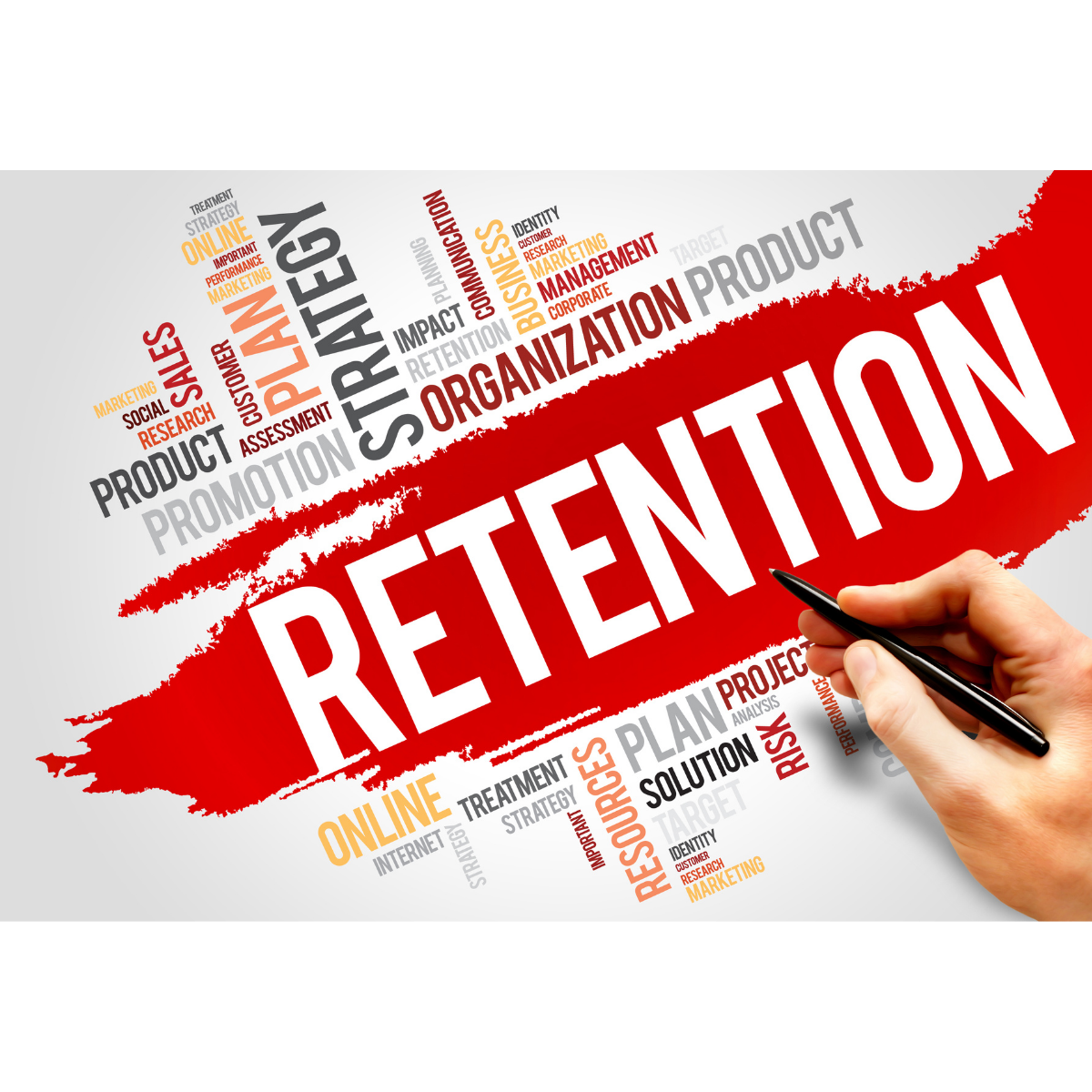Elevating learning and development is vital to success in today’s increasingly complex and competitive business world. Corporations rely on high-stakes training for everything from compliance with health and safety regulations to for-profit courses to onboarding to client training and need access to actionable data to reap the maximum benefits from their efforts.
To illustrate just how profoundly actionable data can impact your trainings and your business, let’s take a look at Company A and Company B in the heavily regulated and notoriously cutthroat Widget Industry. All companies in the Widget Industry must show that all of their employees are well versed in all things Widgets by passing a Widget 101 course and a Widget Certification Exam. Not doing so means failing an audit by the dreaded Widget Regulators.
Company A is old school. They put together a series of trainings, mandate that their employees complete them, and give their employees 3 tries to pass the Widget Certification Exam in order to keep their jobs. Company A assigns the task of keeping track of the trainings and certifications to the satisfaction of the Widget Regulators to an employee and she spends hours and hours doing so manually. Mostly Company A’s employees pass the exam eventually and so far Company A hasn’t run afoul of the Widget Regulators, so Company A’s high-stakes trainings are going great, right?
Not so fast.
Company B is a data-driven organization that understands the importance of getting learning and development right. After all, they’re in the business of selling Widgets. Having employees that really know their stuff and can apply that knowledge is going to be to their benefit.
First, Company B conducts an analysis to identify any performance or knowledge gaps they might have. What would really help their bottom line if it were improved? As they conduct their analysis, they find that their employees’ product knowledge around Widget Applications is relatively low. Company B makes sure to bake that into their Widget 101 training courses and Certification Exam prep and sets SMART goals that link this change in their training program to their ROI.
Company B then rolls out their new Widget 101 training program and uses a learning analytics platform to gather all the data in their Learning Management System (LMS) and relevant external sources and allow learners, instructors, and managers to track key aspects of their trainings. Who’s showing up for class? What are student engagement levels like? Does anyone look like they might be at risk of not passing key modules and need some early intervention and support? Are some aspects of the course more successful than others? What student behaviors are correlated with nailing the Widget Certification Exam on the first try? What do predictive analytics suggest might help students improve their odds of passing the exam and improving their Widget Applications Product Knowledge in the field? Company B’s learning analytics platform allows them to not only answer these questions and continuously improve each iteration of their Widget 101 trainings, but they’re also making improvements and offering support to students who need it in real-time.
Unsurprisingly, most of Company B’s employees get their Widget Certification on the first try, saving Company B thousands of dollars and freeing up their employees to turn their attention to selling Widgets. Since Company B’s employees have had such high-quality learning, they’re now very knowledgeable about Widget Applications so the previously identified performance gap is filled and Widget sales are up.
Not only does Company B’s learning analytics platform generate reports with the descriptive and predictive analytics Company B uses to make their trainings the best they can be, but it compiles reports for the Widget Regulators so there’s no need for Company B to spend additional resources laboriously putting that together manually. Company B’s data-driven approach to their high-stakes training has really paid off.
Both Company A and Company B might technically be fulfilling their high-stakes training requirements, but Company B’s data-driven approach enables them to save time and money while making savvy business decisions.
This isn’t just a thought experiment – our corporate clients enjoy these benefits and more from using the IntelliBoard learning analytics platform. From industry-leading quality assurance firm Testronic to notable publisher of CAD/CAM software TOPSOLID, corporations focused on high- stakes training use IntelliBoard to inform their business decisions every day.
IntelliBoard can help your company to:
- inform the quality of your training
- evaluate engagement levels for better on-the-job training applications
- identify and define potential risks caused by training gaps
- track completion for compliance and certification
- combine valuable data sources with learning data to strengthen training insights
- mitigate risks with predictive analytics
- improve key training outcomes
Be like Company B. Embrace the benefits of actionable data. You’ll never look back. Interested in harnessing the power of the power of your data? Schedule a meeting with us or take advantage of our webinars. IntelliBoard is learning analytics for EVERYONE.

Elizabeth Dalton measures and improves educational tools, processes, and results by using her experience in instruction and assessment design, development, documentation, and delivery, combined with her knowledge and expertise in technology and statistical methods.
Resources
Explore Learning Analytics Insights
Identifique las brechas en el desempeño y vincule la capacitación corporativa con la rentabilidad
Los gastos de capacitación aumentaron un 12% en 2020-21, lo que hizo que el gasto en capacitación corporativa solo en los EE. UU. ascendiera a la friolera [...]
Resolution: Retention – Building Institutional Resilience Through Early Visibility
Resolution: Retention — Building Institutional Resilience Through Early Visibility Over the past month, we’ve explored a simple truth about retention: it [...]
How to Retain Students by Creating Interventions
Read why relationships are key to retaining students. The more social support systems a student has, the more likely they will stick with it.




